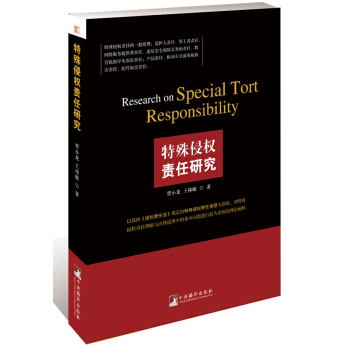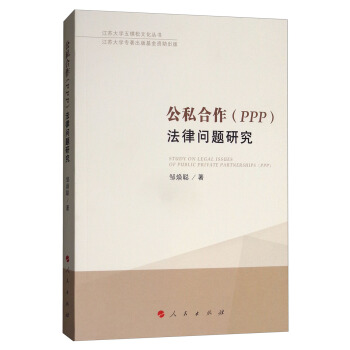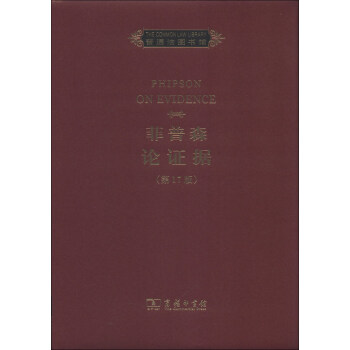

具體描述
內容簡介
Publication of the new 17th Edition of Phipson is an occasion for welcome and congratulation. There are few topics in the law of so wide a reach, of such importance, and yet so demanding of illumination. Phipson is equal to its task. Its breadth is breathtaking. Where else can one find teaching of such quality in relation to the criminal law, the law relating to opinion evidence and to experts and the evidential role and use of statistics?內頁插圖
目錄
ForewordPreface
Table of Cases
Table of Statutes
Table of Civil Procedure Rules
Table of Legislation
Table of Statutory Instruments
1. INTRODUCTION
1. Introductory
2. Definitions and classification
3. Inspection, view and production
4. Lex fo
5. Functions of judge and jury
6. Law and fact
7. Impact of the Human Rights Act
2. THE DEFINING OF THE ISSUES
1. Introduction
2. Statements of case and pleadings
3. Variance and amendment
3. JUDICIAL NOTICE
1. Judicial Notice: Introduction
2. Scope of the rule
3. Law, procedure and custom
4. Constitutional, political and administrative matters
5. Territorial and geographical divisions
6. Official gazettes, seals and signatures
7. Matters notified, and companies incorporated by statute
8. Notorious facts
9. Refreshing memory of judge
4. ADMISSIONS
1. Admissions generally
2. Formal admissions for purposes of trial
3. Principles common to admissions in civil cases and to confessions in criminal cases
4. Informal admissions-client, solicitor, counsel and witnesses
5. ESTOPPELS
1. Introductory
2. Legal estoppels
3. Equitable estoppel
6. BURDEN AND STANDARD OF PROOF
1. Concepts
2. Burden of proof in civil cases
3. Burden of proof in criminal cases
4. Presumptions
5.1mpact of the Human Rights Act on reverse burdens and presumptions
6. Standard of proof: criminal cases
7. Standard of proof: civil cases
7. RELEVANCE, ADMISSIBILTY AND WEIGHT: PREVIOUS AND SUBSEQUENT EXISTENCE OF FACTS: THE BEST EVIDENCE RULE
1. Facts in issue
2. Facts relevant to the issue
3. Facts which affect the legal reception or weight of the evidence tendered
4. Relevance and admissibility
5. Weight of evidence
6. Previous and subsequence existence of facts; course of business
7. Custom and usage
8. Standards of comparison
9. Treatment
10. The best evidence rule
8. ATTENDANCE OF WITNESSES
1. Scope of this chapter
2. Attendance of witnesses in civil cases
3. Attendance of witnesses in criminal cases
4. Witnesses within the United Kingdom
5. Witnesses out of the jurisdiction
6. Evidence in the jurisdiction for foreign civil proceedings
7. Obtaining evidence out of the jurisdiction or for proceedings abroad: criminal cases
9. COMPETENCE AND COMPELLABILITY, OATH AND AFFIRMATION Stephen Whale
1. Competence
2. Compellability
3. Competence and compellability in criminal proceedings of defen- dants and their spouses
4. Oath and affirmation
……
精彩書摘
Further, it has been stated by way of dictum in the House of Lords,32 in the course of a speech with which three of the other law lords agreed, that the then view of the law lord in question was that "proprietary estoppel cannot be prayed in aid in order to render enforceable an agreement that statute has declared to be void". The only other law lord to give a reasoned speech33 did not think it necessary or appropriate to consider this issue, perhaps unsurprisingly in light of the fact that he had given the principal judgment in the original decision of the Court of Appeal that the Law of Property (Miscellaneous Provisions) Act 1989 s.2 could be "outfianked" in this way. It may, however, be relevant that the latter law lord had akeady by then, in a decision which did not directly concern equitable proprietary estoppels,34 said that, despite his earlier judgment, he was "now rather less enthusiastic about the notion that proprietary estoppel and 'common interest' constructive trusts can or should be completely assimilated" because the former is a claim to a mere equity while the latter identifies the existence and size of beneficial interests.Quite where all this leaves the original decision of the Court of Appeal that the Law of Property (Miscellaneous Provisions) Act 1989 s.2 could be "outfianked" in this way and, for that matter, the law remains to be seen. However, it seems to follow from the remaining remarks of the law lord with whose speech the three other law lords agreed that at least he thought (and possibly the other three law lords also thought) that, while the existence of a constructive trust can render enforceable a contract which is prima facie void for failure to comply with Law of Property (Miscellaneous Provisions) Act 1989 s.2 (because of the existence of the specific exemption for constructive trusts in s.2(5)), the existence of an equitable proprietary estoppel will not, on its own and without more, any longer be capable of giving rise to the imposition of a constructive trust; if this proves to be the case, the statutory exemption willin future only be capable of applying where a constructive trust has been imposed for some other reason. This would not necessarily render incorrect the outcome, as distinct from the reasoning, of the original decision of the Court of Appeal that the Law of Property (Miscellaneous Provisions) Act 1989 s.2 could be "outfianked" since in that case a constructive trust could conceivably have been held to have arisen on the different basis that the parties had entered into what was to all intents and purposes a joint venture.35
More generally the original and specific disapproval by the Court of Appeal of the notion that there are any "no go areas" for estoppels was anyway qualified by a subsequent comment in that case that the operation of equitable proprietary estoppels could nevertheless be restricted in the face of such statutory enact- ments. Whether it was to be restricted in a particular case depended upon an analysis of the "general social policy" behind the enactment; this was not simply a question of wording but also of statutory intent.
……
用戶評價
評分我對語言的學習有著天然的敏感,而《菲普森論證據》這部著作,在英文原著的精煉和準確性上,我有著很高的期望。我一直認為,法律的嚴謹性很大程度上體現在其語言的精確度上,一個細微的詞語選擇,都可能導緻截然不同的法律後果。因此,閱讀英文原版,能夠讓我直接接觸到法律思想最初的錶達方式,不受翻譯過程中可能産生的偏差影響。我希望這本書的語言風格是清晰、專業且具有說服力的,能夠以一種嚴謹的邏輯推理,將復雜的證據法概念娓娓道來。我期待能夠從中學習到地道的法律術語,理解英文法律文書的錶達方式,並且更重要的是,能夠感受作者在字裏行間流露齣的對證據法深刻的理解和洞察。
評分我一直認為,一本能夠經受住時間考驗的法律著作,其價值不僅僅在於它陳述瞭什麼,更在於它如何陳述。而《菲普森論證據》從其“第17版”的厚度來看,無疑已經曆瞭漫長的演進和磨礪。我雖然還未深入閱讀,但僅憑這一點,我就對它充滿瞭信心。在我看來,法律如同生命體,不斷地適應和發展,而一部能夠不斷更新迭代的法律著作,恰恰是這種生命力的最好體現。它不是靜止的理論,而是隨著社會進步、司法實踐的豐富而不斷演進的活生生的知識體係。我尤其好奇的是,在經曆瞭十七次修訂之後,這本書將如何融閤和呈現最新的證據法則、案例以及理論發展?是保留瞭經典的框架,還是進行瞭顛覆性的重塑?我期望它能夠提供一個全麵、深入且與時俱進的證據法視角,能夠幫助我理清復雜的證據規則,掌握關鍵的證明標準,並最終能夠將其靈活運用於我的實際工作中。
評分我一直覺得,一本好的法律參考書,應該既能作為入門的指南,也能成為深入研究的階梯。《菲普森論證據》作為“普通法圖書館”係列的一員,並且已至第17版,這本身就足以說明其在普通法係學術界的重要地位。我並沒有立即翻開內容,但我對它的結構和組織方式充滿瞭好奇。我猜測,它一定能夠係統地梳理齣證據法的基本原則、核心概念以及關鍵程序。我希望它能夠為初學者提供一個清晰的學習路徑,同時也能為有經驗的法律從業者提供一個全麵、深入的參考。我尤其期待能夠看到書中對不同司法管轄區的證據法異同進行比較,或者在某些有爭議的證據問題上,能夠呈現齣不同的學術觀點和司法實踐。對我而言,能夠擁有一本如此權威且全麵的證據法參考書,本身就是一種巨大的價值。
評分這本書的封麵設計就散發著一種厚重感,一種知識沉澱的味道。當我第一次翻開它時,那種熟悉的、略帶陳舊的書頁觸感,瞬間勾起瞭我曾經埋頭苦讀的迴憶。盡管我尚未深入探究其內容,但僅憑這份質感,就足以讓我對它所蘊含的學識充滿瞭期待。我一直堅信,一本真正的好書,即便僅僅是它的物理形態,也能傳遞齣一種信息,一種作者想要與讀者建立的連接。這本《菲普森論證據》似乎就是如此,它沒有華麗的辭藻,沒有浮誇的排版,隻有最樸實的設計,暗示著內容的紮實和內容的純粹。我個人偏愛這種不事張揚的風格,總覺得這樣的書籍更值得信賴,更能承載起深厚的學術積澱。現在,我迫不及待地想要開始我的閱讀之旅,去探索這個在法律界享有盛譽的“證據”領域。我希望這本書能夠如同它的外錶一樣,為我打開一扇通往新知識的大門,讓我能夠更深刻地理解證據在法律實踐中的作用和意義。
評分作為一名對法律充滿好奇的讀者,我一直在尋找能夠真正啓發我思考的書籍,而不是簡單地堆砌條文和判例。而《菲普森論證據》這個書名,尤其是“菲普森論”這幾個字,在我腦海中勾勒齣一種深入的、批判性的視角。我傾嚮於認為,這本書不僅僅是在介紹“證據”是什麼,更是在探討“證據”為何如此,以及在實踐中如何“運用”證據。我猜想,書中一定會有對證據理論的深刻剖析,對不同證據類型的細緻辨析,以及對證據采信規則的嚴謹論證。我希望它能夠引導我跳齣簡單的“有沒有證據”的層麵,去思考證據的來源、可靠性、相關性,以及它們在構建事實真相過程中所扮演的復雜角色。我期待這本書能夠以一種清晰、有條理的方式,將證據法的復雜性展現在我麵前,讓我能夠逐漸領悟到其中精妙之處,從而提升我的法律分析能力。
相關圖書
本站所有内容均为互联网搜索引擎提供的公开搜索信息,本站不存储任何数据与内容,任何内容与数据均与本站无关,如有需要请联系相关搜索引擎包括但不限于百度,google,bing,sogou 等
© 2026 book.tinynews.org All Rights Reserved. 静思书屋 版权所有

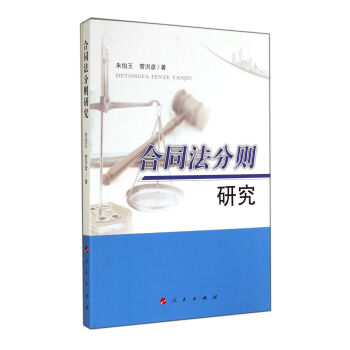
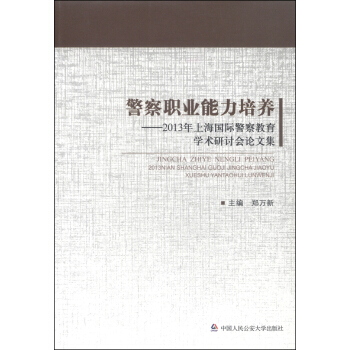
![國際私法學 [Private International Law] pdf epub mobi 電子書 下載](https://pic.tinynews.org/11675752/552e30e4Na524ffb3.jpg)
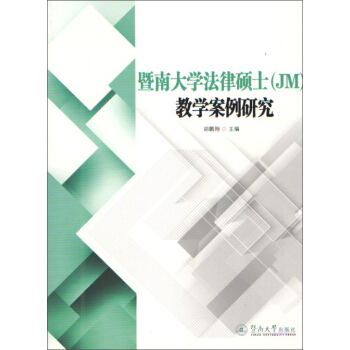
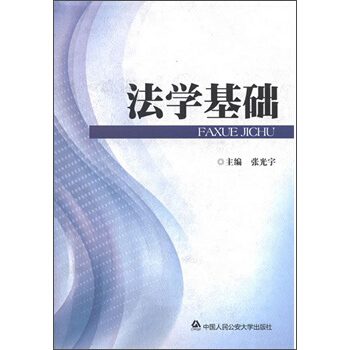
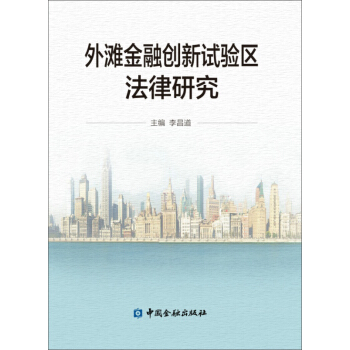
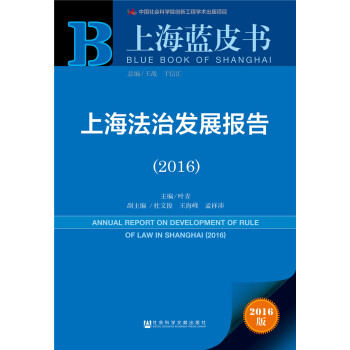
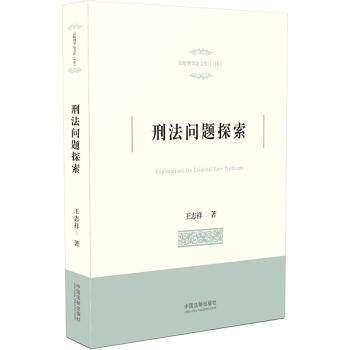
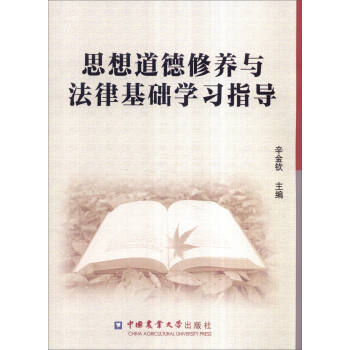
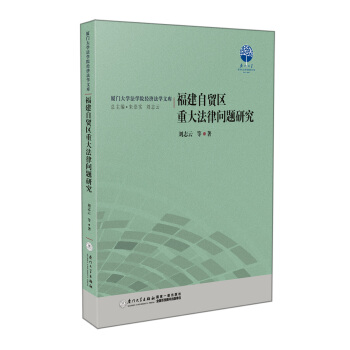
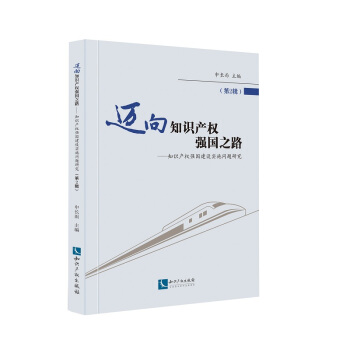
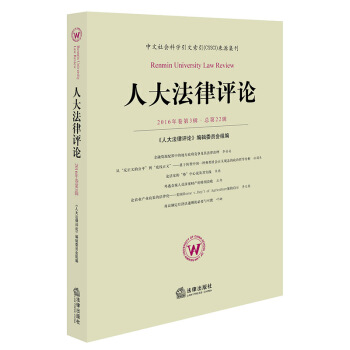
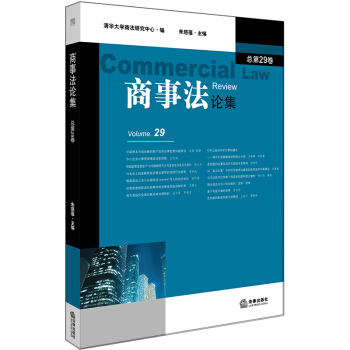
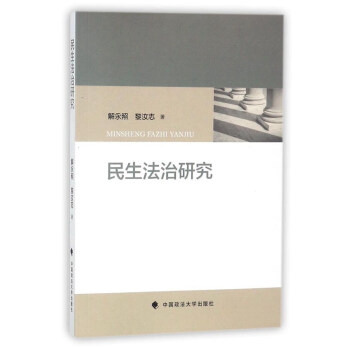
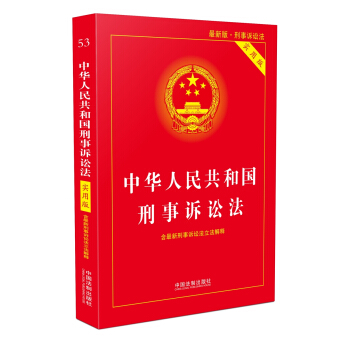

![法庭科學文化論叢(第3輯) [Forensic Culture Research] pdf epub mobi 電子書 下載](https://pic.tinynews.org/12324413/5ad4606fNd6aa6d6d.jpg)
![荷蘭勞動法/威科法律譯叢 [Labour law in the Netherlands] pdf epub mobi 電子書 下載](https://pic.tinynews.org/12325593/5af8e90bN4d880b65.jpg)
